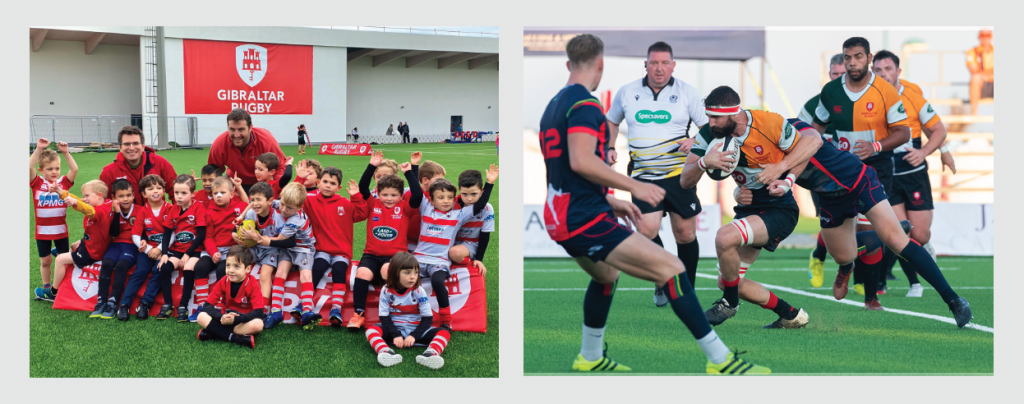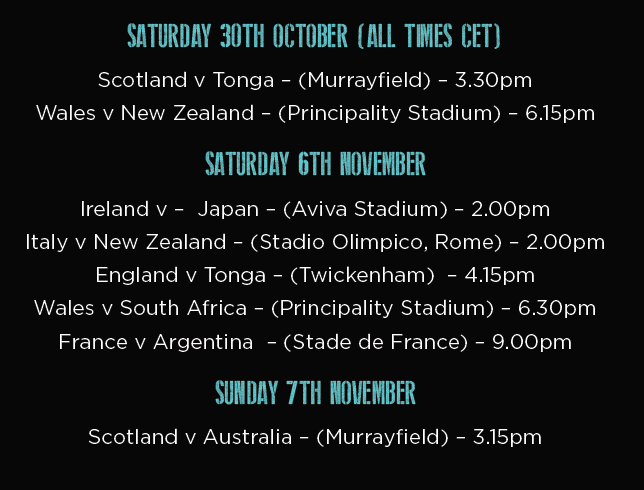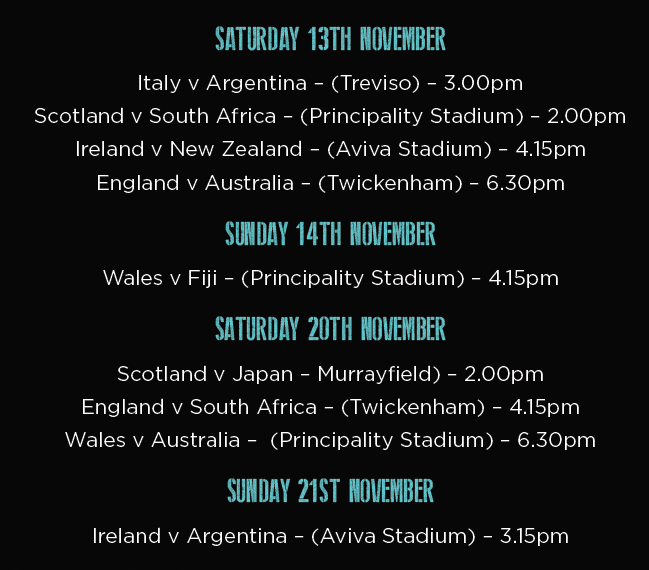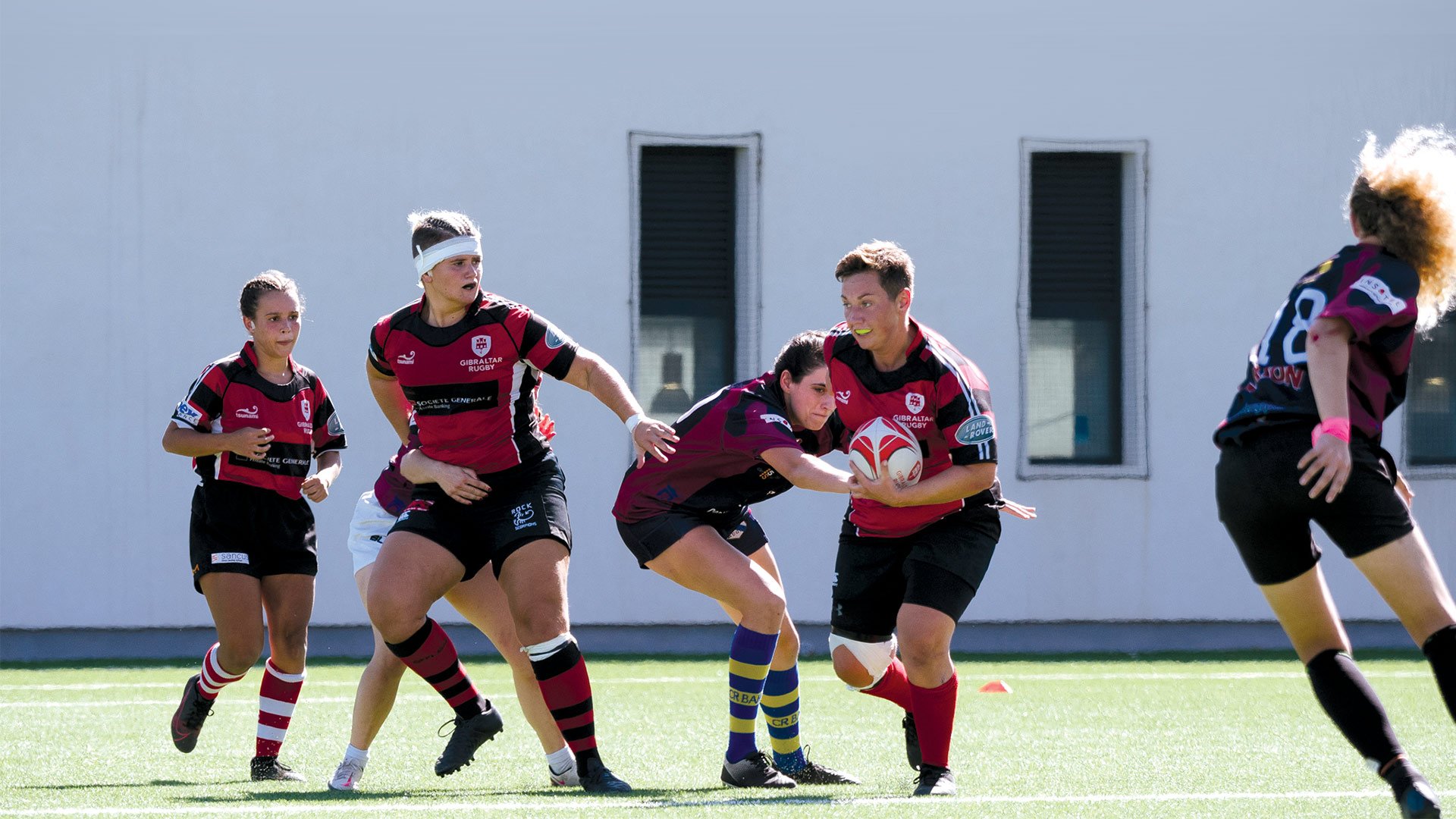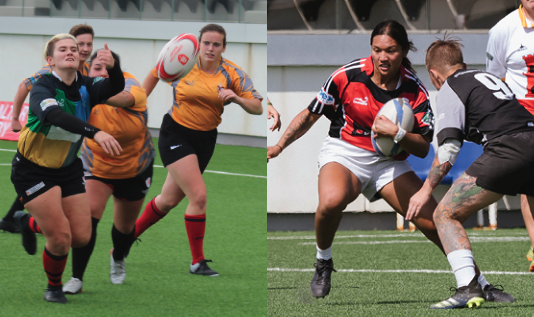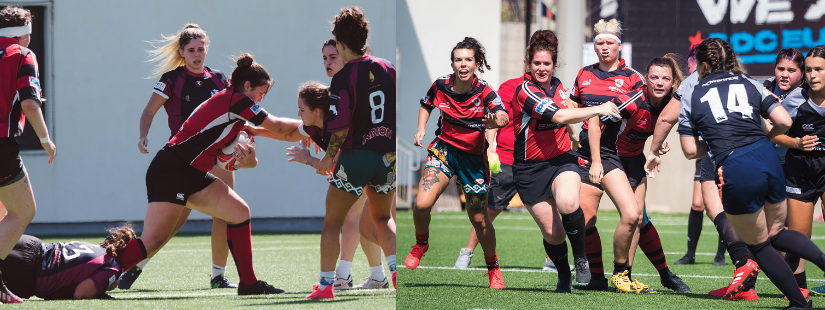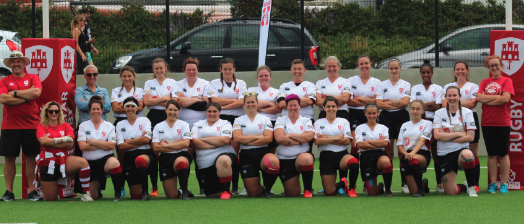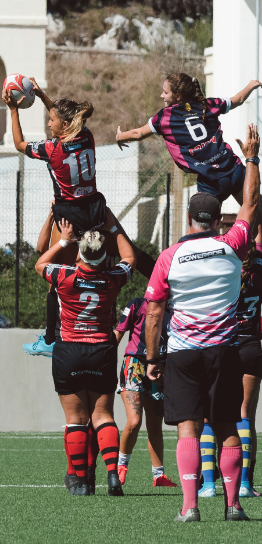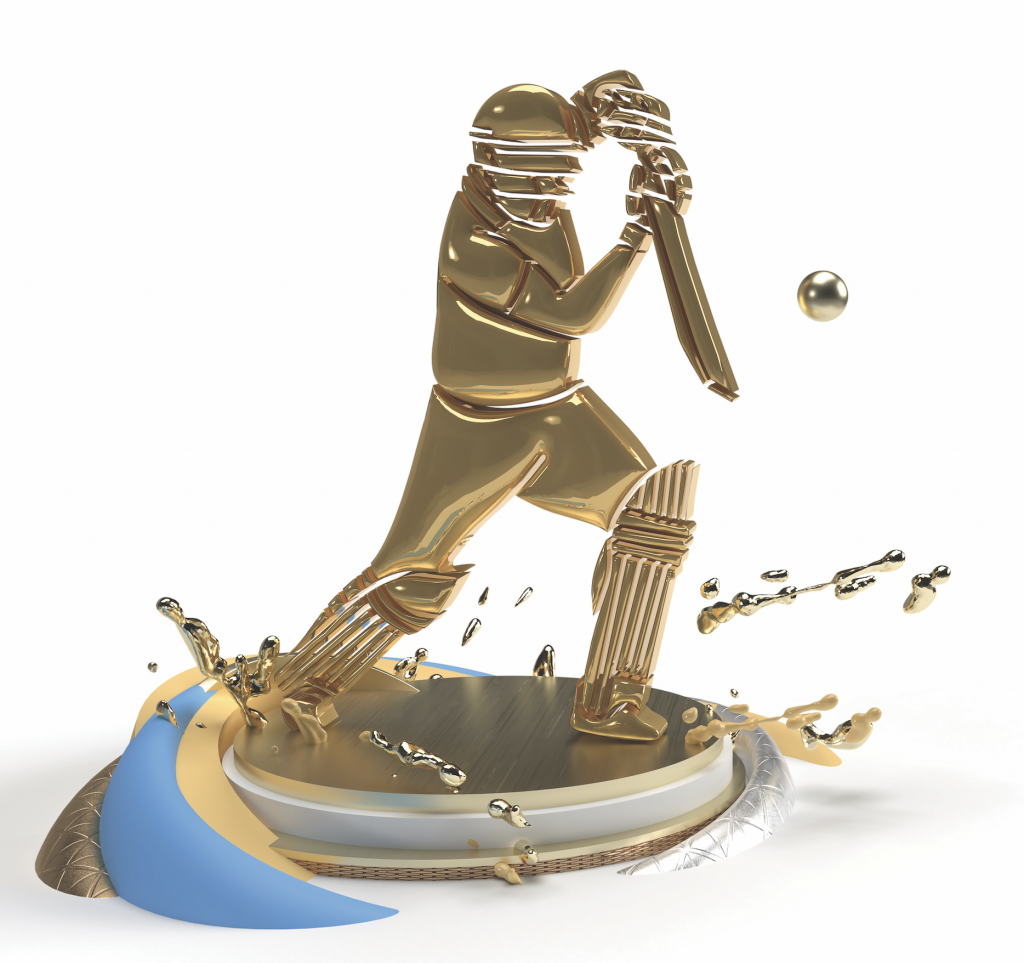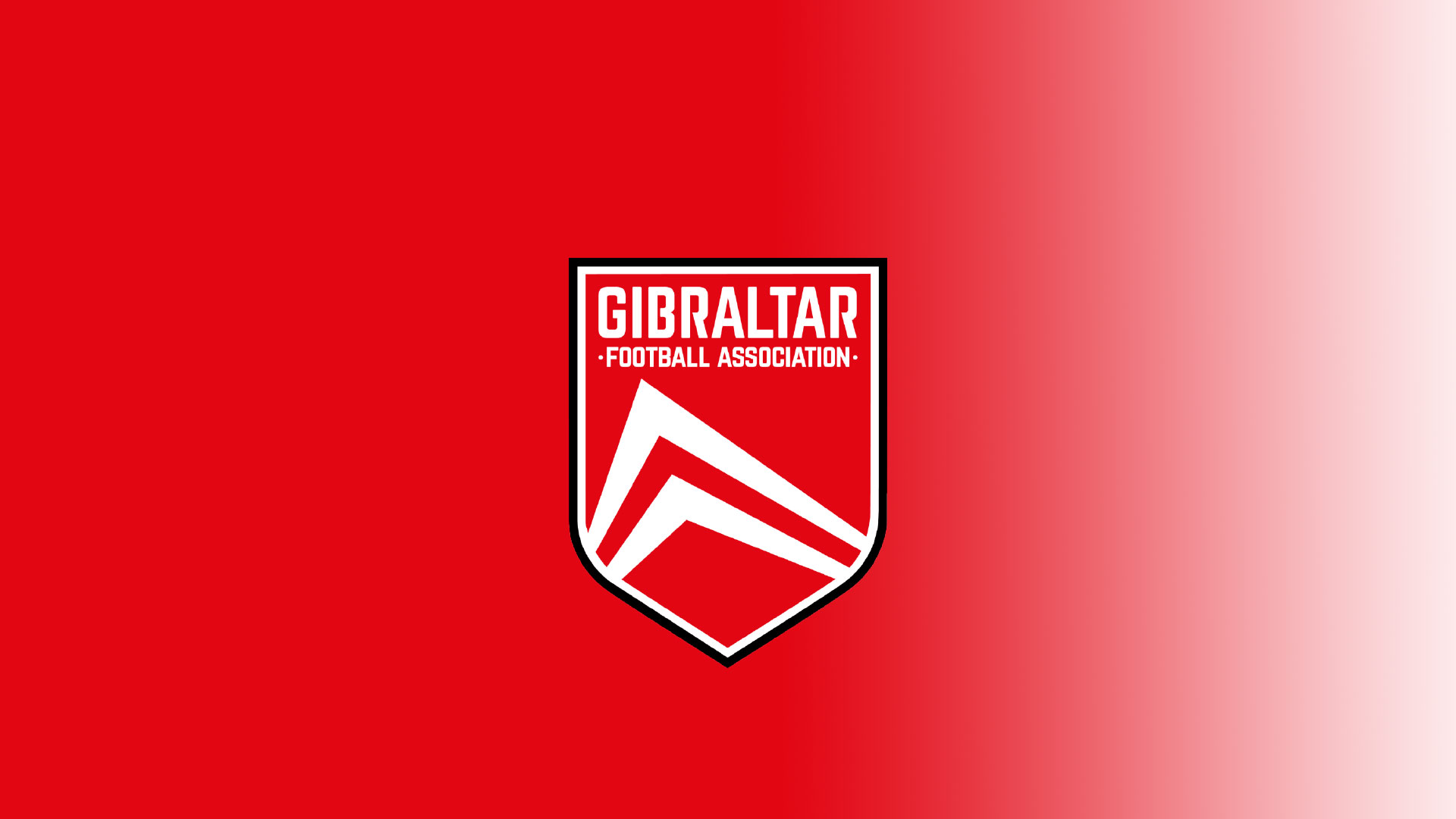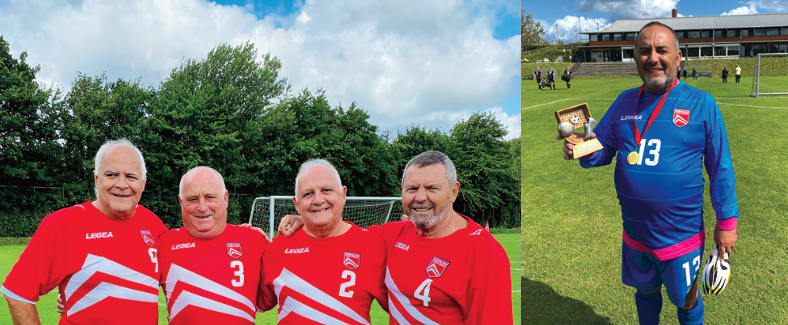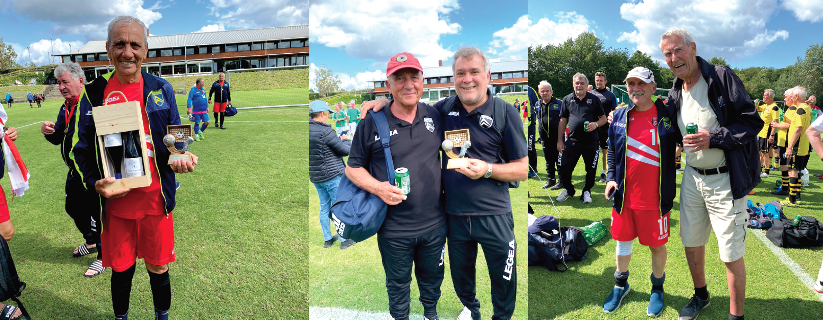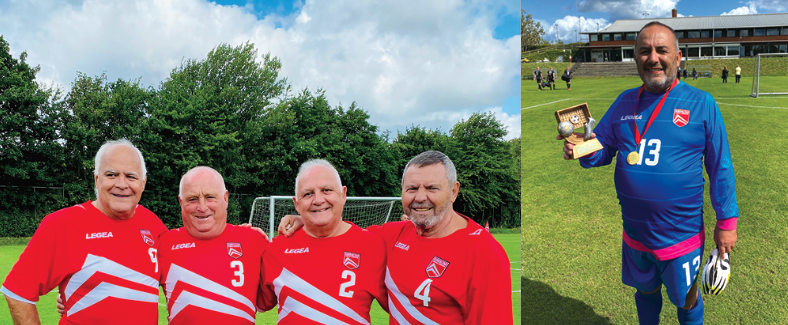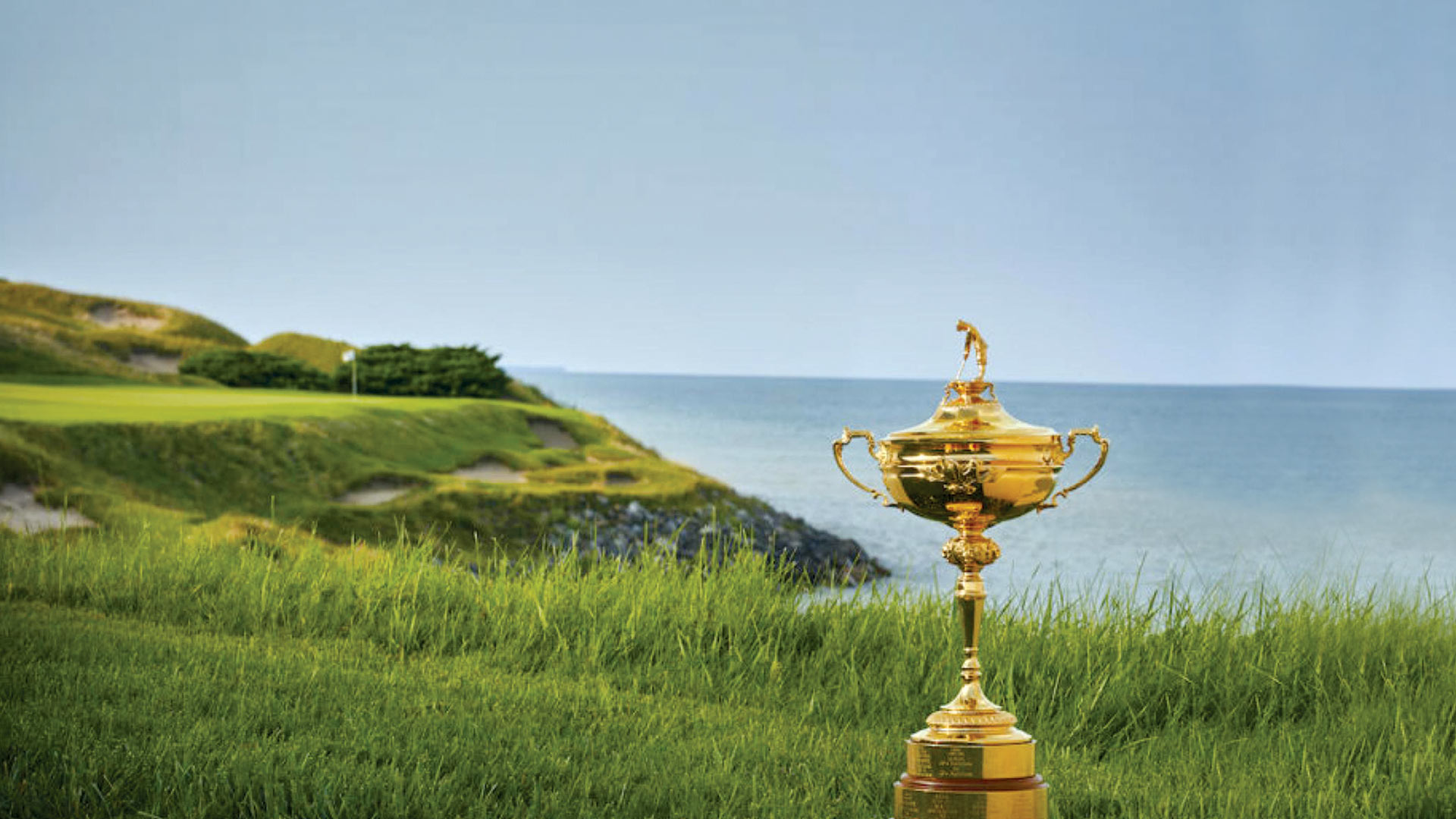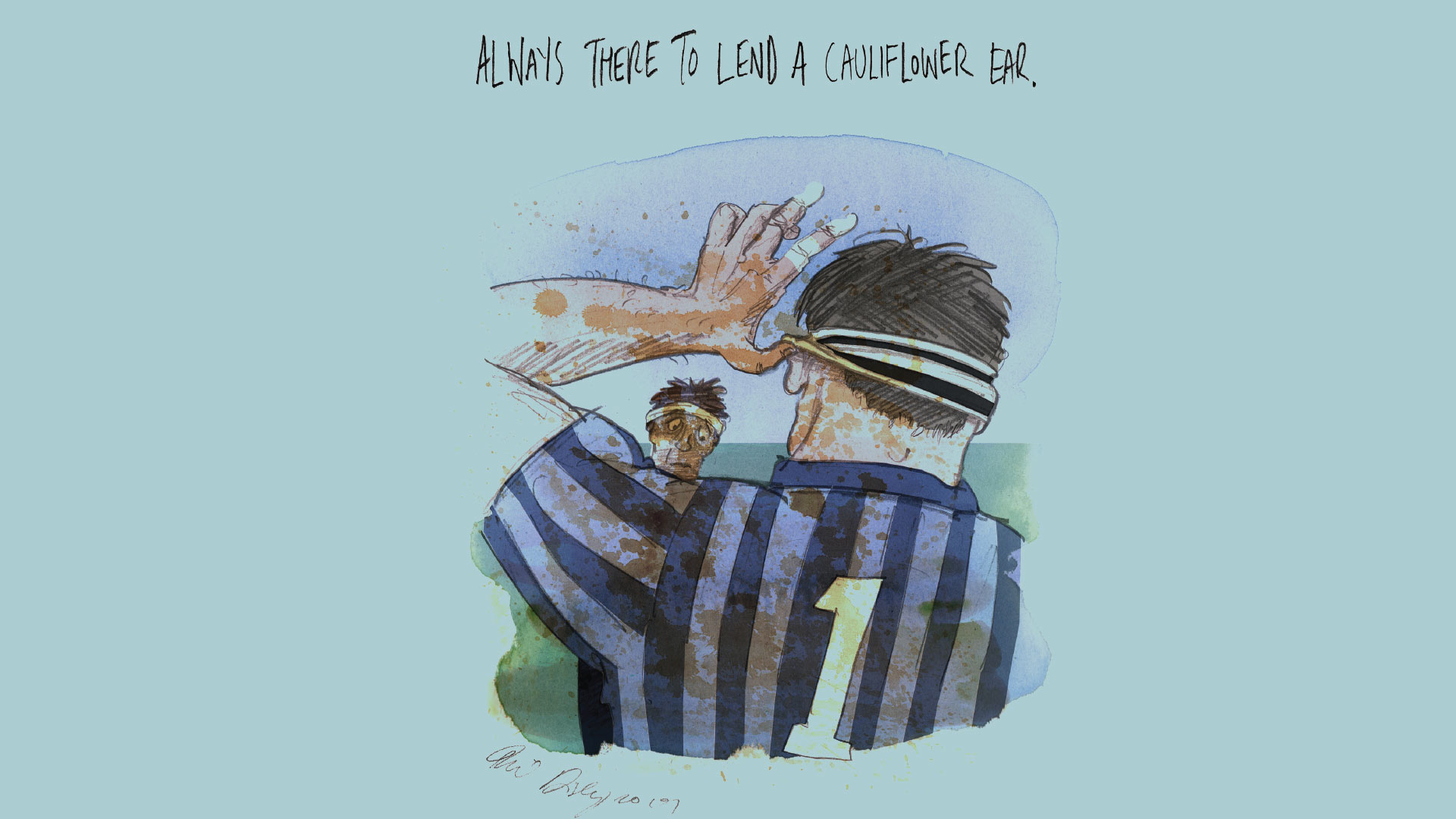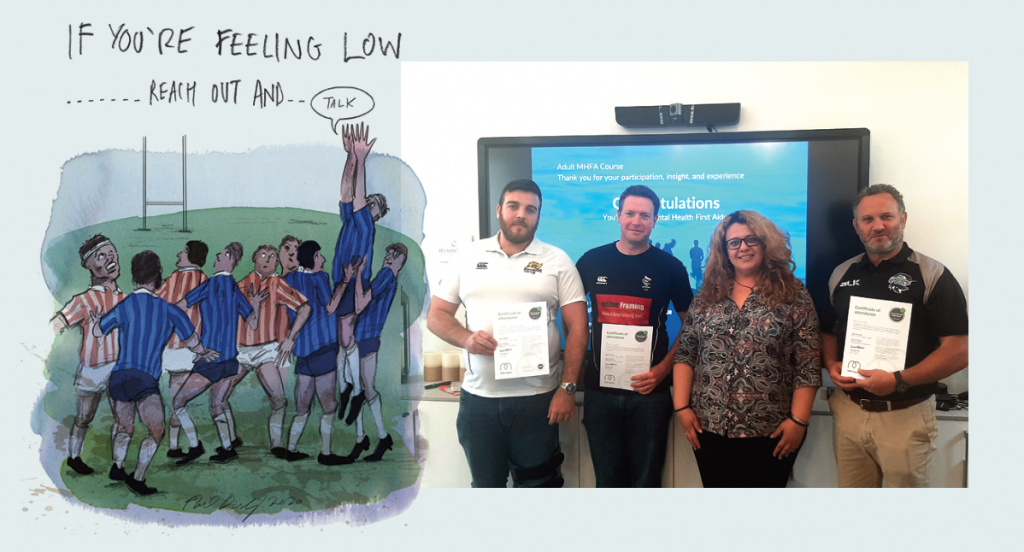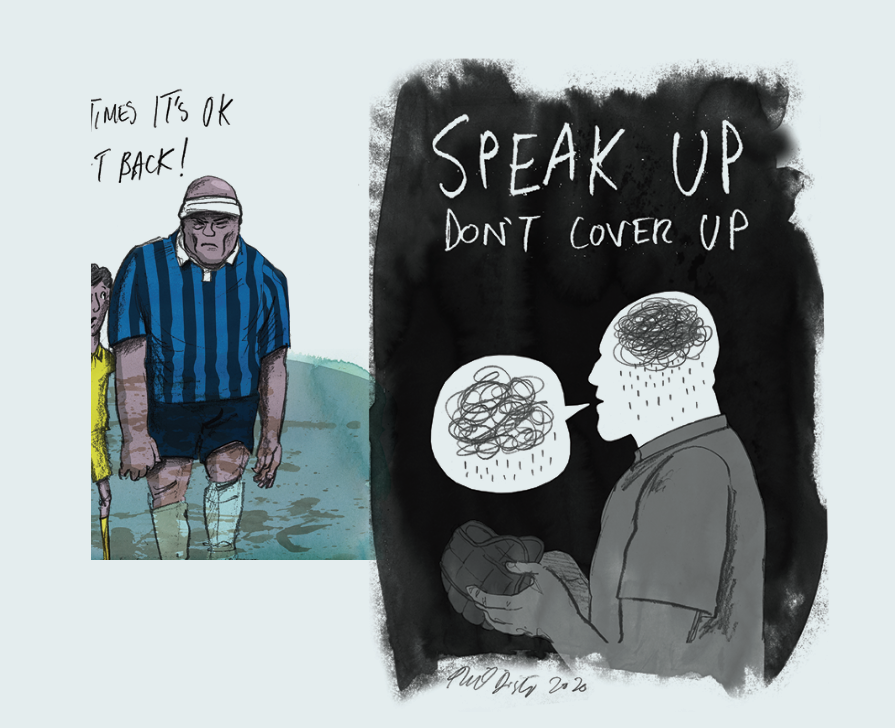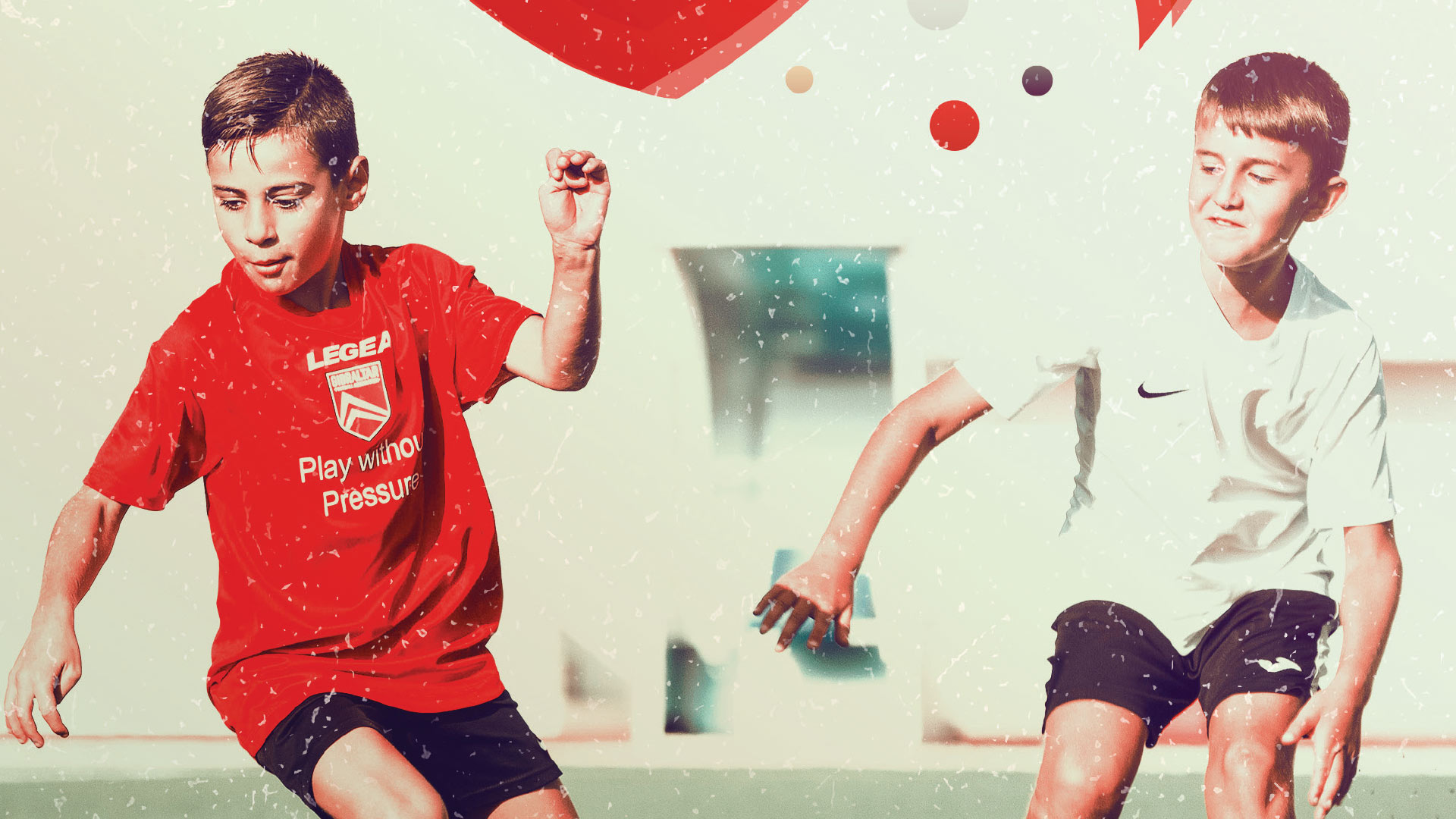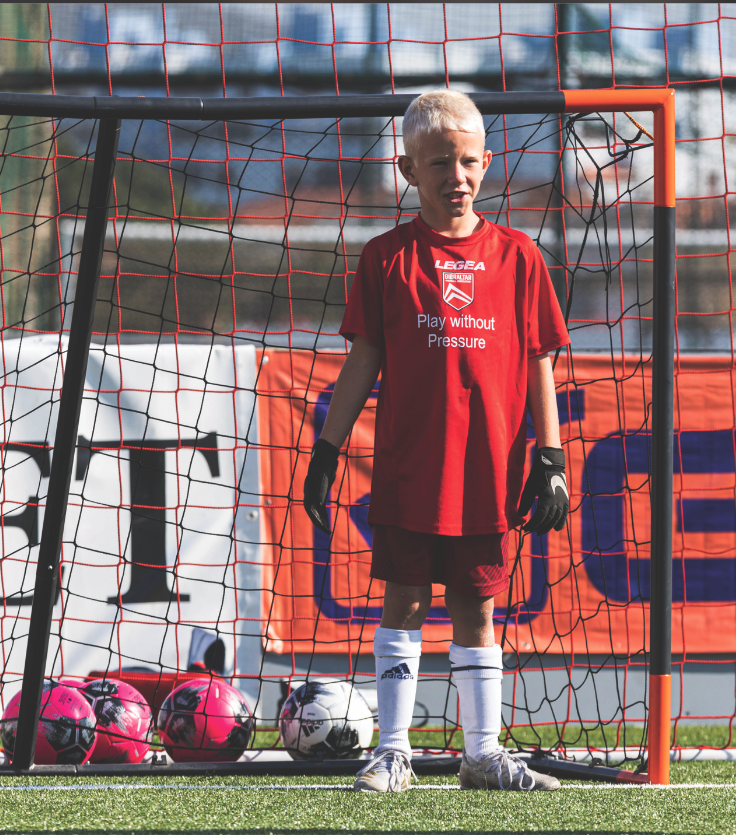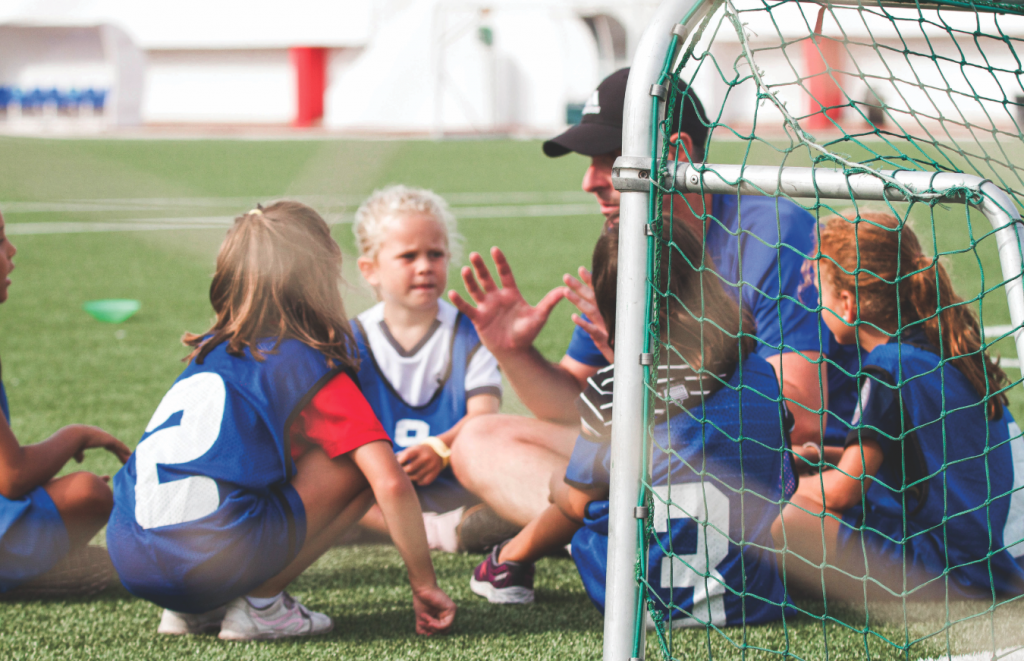An Overview of why Gibraltar Rugby Football Union restructured its Governance structure
GRFU was formally incorporated in 1945. The structure in place at the time accommodated both military and civilian teams, who competed in a league, usually played across the border as there were no grass pitches in Gibraltar.
The GRFU continued being active even during the closed frontier days, switching to, and allegedly inventing, the ‘Tag’ variation, which was the only safe way of playing rugby on earthen pitches. The re-opening of the frontier saw the league return to grass pitches in Spain.
It was only the reduction in the numbers of military personnel in the late 1990’s that resulted in a demise of the league, as there were only enough players to field two teams. Rugby remained active, playing visiting military units and travelling outside Gibraltar.
Fortunately, the introduction of 3g Astroturf in Gibraltar allowed the league to be resurrected as the Super IV’s (comprising Buccaneers, Scorpions, Sharks and Stormers) in 2010. GRFU led this change, particularly as the four clubs were franchised by the Union. A practical effect of this was that members registered centrally with the Union and not the clubs. At the same time, GRFU commenced it’s (yet to be resolved) journey towards joining Rugby Europe, much as GFA (eventually) became members of UEFA.
By September 2019, GRFU were able to inaugurate the magnificent premises at Europa. In this time, though, the Union had grown to a size and at a pace that was overwhelming our organisational structures. Apart from the four senior clubs, our ladies, Vets and Mini & Youth sections were all growing. Additionally, we begun to play International matches, both at Home (initially at Victoria Stadium) and away, taking on Cyprus, Israel, Malta, Finland, Hungary, Montenegro, Denmark and Sweden, as well as tours to Malaysia/Singapore and UAE.
All these developments and ambitions were becoming too much to be handled by a Committee of four elected Officers (Chairman, Vice Chairman, Secretary and Treasurer) and a host of volunteers working in 31 sub committees! Accordingly, during the summer of 2019, GRFU carried out an extensive consultation process involving all interested members. Splitting into four large groups, the members were challenged to identify where the Union was failing, where our strengths lay, where we could improve and how we should develop.
This massive and democratic process yielded a host of information and ideas for GRFU to digest and develop. We commissioned another volunteer with a strong background in implementing organisational change (Retired Assistant Commissioner (RGP) Richard Mifsud), to work through the suggestions and draft an organisational structure. The review revealed that whilst the Union would eventually outgrow its existing structure, the constitution was flexible enough to design the new structure without the need to amend it. In effect what has happened is that the working of the Union’s Executive Committee has now been distributed among three mutually supporting tiers.
• Executive Board,
• Operational Committee
• National Structure
These three bodies, taken as a collective, form the Executive Committee provided for by the GRFU Constitution.
The Executive Board forms the Strategic Tier of the structure and provides the strategic direction for the Union.
The Operational Committee includes the Executive Board members together with the Heads of the National Structure Business Areas and forms the Tactical Tier of the structure, managing the strategic priorities and ensuring they are met.
The ‘National Structure’ is the Business Areas that capture the Union’s work both on and off the field and comprises Governance, Finance, Commercial, Operations and Logistics, Corporate Communications, Facilities, Player Welfare, Age Grade Rugby, IT, Development, Performance, Participation, Women’s Rugby, Discipline.
These changes were accepted by the committee, endorsed by the membership at our AGM in September 2021 and were immediately implemented. We are confident that these changes will allow us to continue growing the sport of Rugby in Gibraltar.


